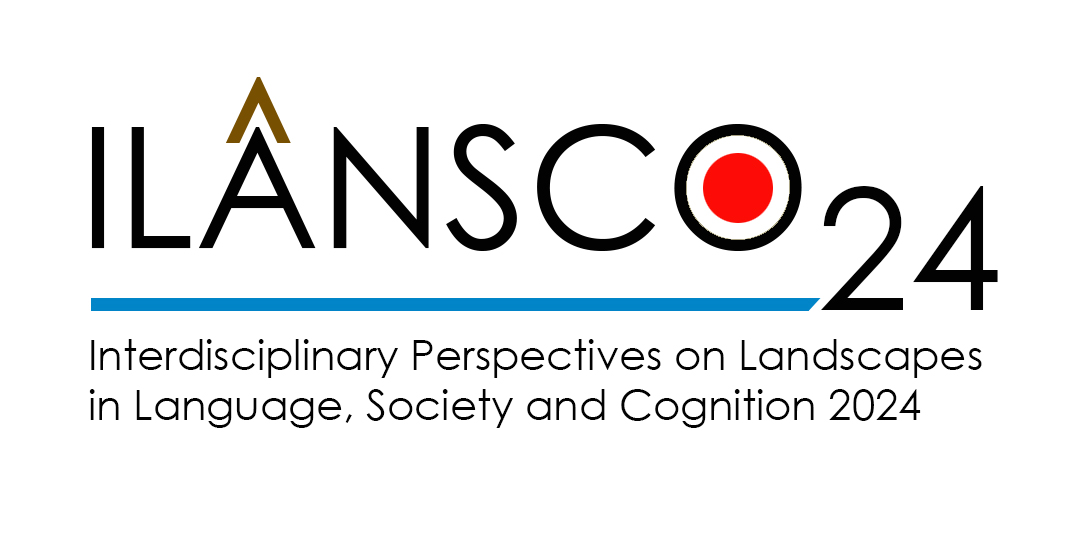Navigation auf uzh.ch
Navigation auf uzh.ch

Dates: September 9-11, 2024
Venue: University of Zurich, RAA, Rämistrasse 59
Landscapes are essential for people’s physical and psychological well-being. Conceptually, landscapes extend on a continuum between space – the largest and most abstract geographical notion – and place – a sub-unit of space, which humans create through experience and invest with meaning and objectives (Tuan, 1977). Interactions between humans and landscapes are manifold (Fagerholm et al., 2020): Not only do humans shape landscapes in their daily activities to provide for a living, but they also relate to landscapes as an integral part of their identity, which is expressed in the notion sense of place (Collins-Kreiner & Kliot, 2017; Derr, 2002). Therefore, the notion of landscape is relevant well beyond traditional disciplinary boundaries of geography.
For example, research on language and landscape has been carried out from anthropological, philosophical and cognitive psychological perspectives to reveal relations of landscape elements – often regarded as universally perceivable natural elements – and culturally dependent conceptual structure as embedded in language (Burenhult & Levinson, 2008). Landscape ontology has described conceptual divergence of landscape categories such as forest between typologically different and closely related languages (Bromhead, 2017; Mark & Turk, 2003). From a political perspective, processes of categorisation and framing of landscape are essential for successful implementation of and communication about sustainability measures (Lakoff, 2010).
Within the scope of ILANSCO, we refer to landscape as a dynamic space perceived as having features making it representative from an ecological, historical, cultural, social and/or other points of view (compare Förster et al., 2012; Tuan, 1975). Consequentially, not only landscapes themselves, but more precisely their conceptualisation, linguistic expression and social meaning are subject to change. For conservationist aims, it is essential to document and to keep track of these multidimensional dynamics.
Further information you can find in the preliminary conference program. (PDF, 281 KB)